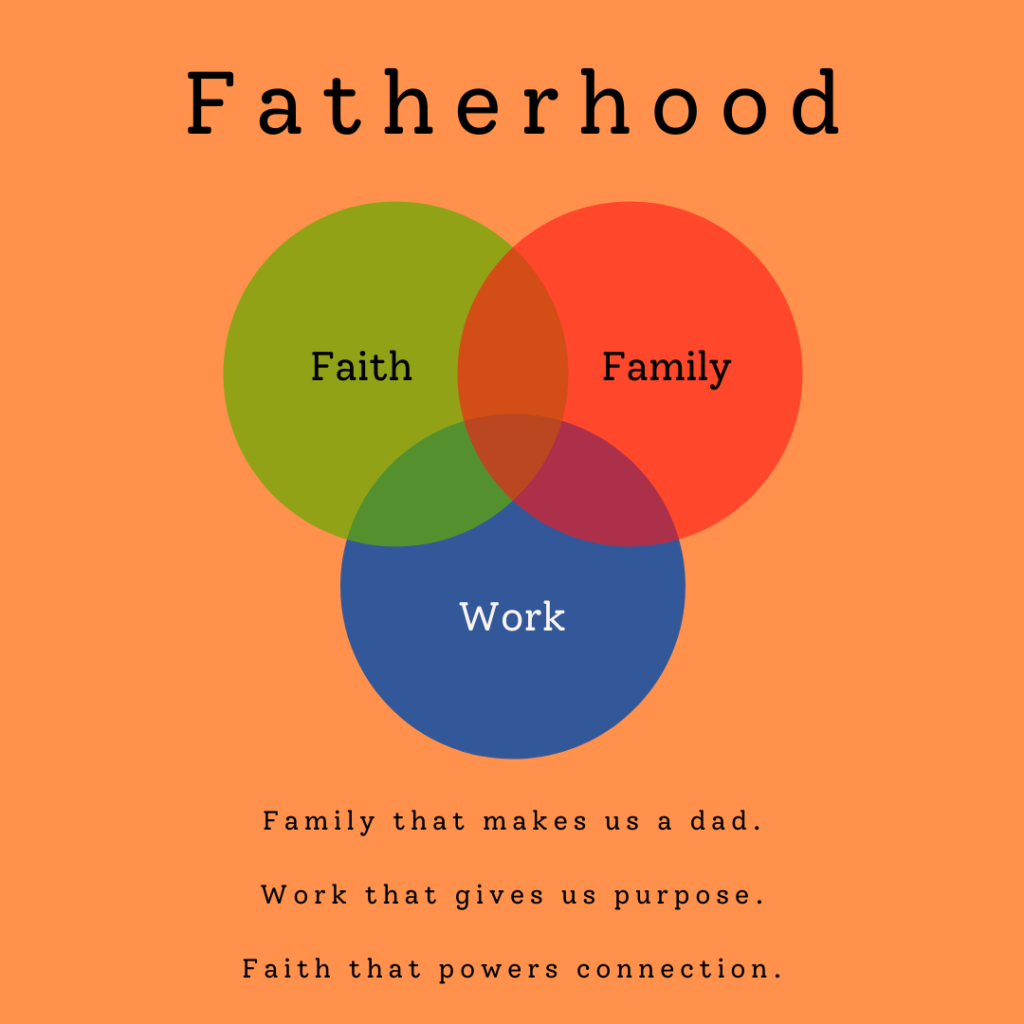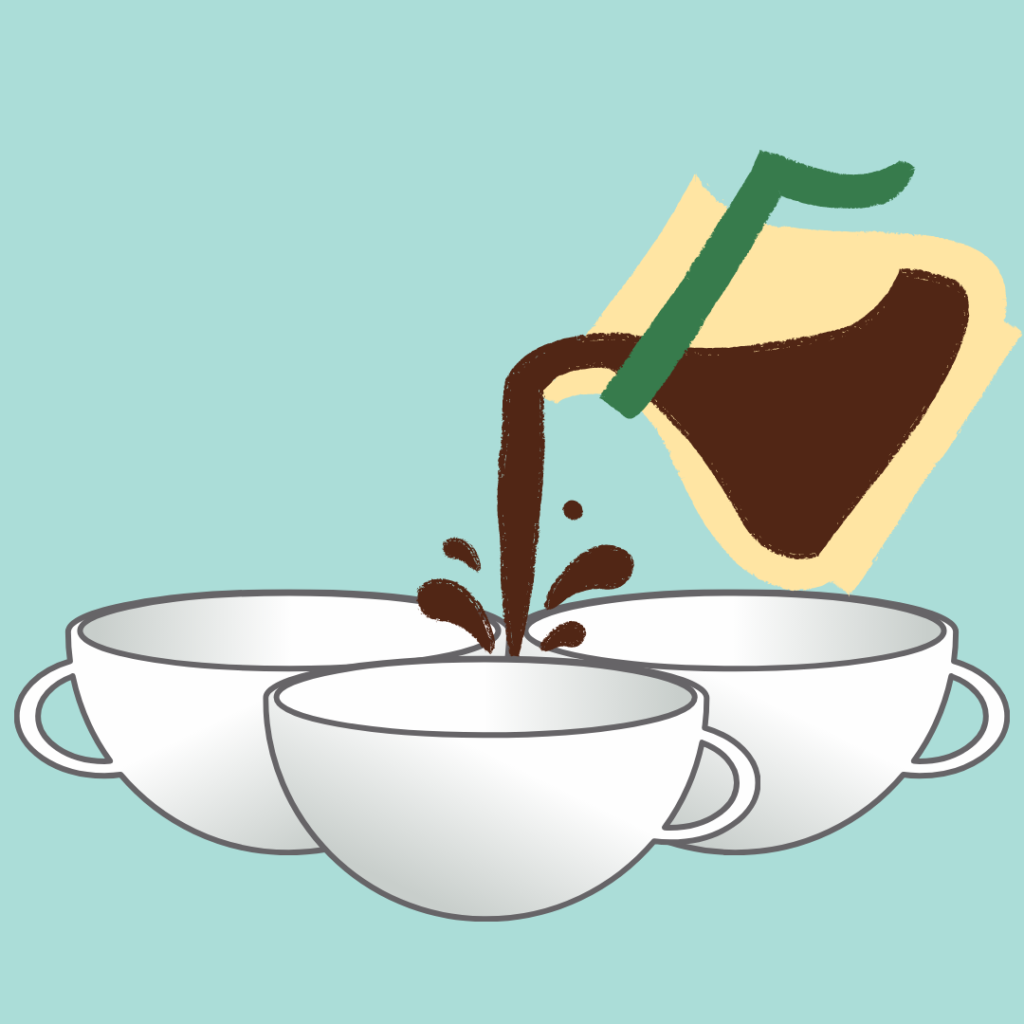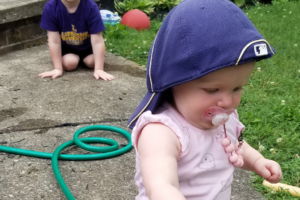Table of Contents
Fatherhood
For most of my adult life, I have reflected on what it means to be a father. Part of that is knowing what to do when you are the father in your child’s life. Another piece is understanding what it is like to have a father. Of course, all of us have dads. But I consider myself one of the lucky few to have a father. Despite shortcomings inside his own family, he was a man who worked to do better.
After more than a decade of reflection and half a decade of writing about faithful fatherhood, the best answers elude me. Nevertheless, the most helpful answer that I have found resonates with people of all walks of life is simple. A father is a man who works, has a family, and passes on a faith. Now you can read more about what I mean when I say faith, but here is a picture to help you begin to grasp what it means to be a father.

Digest
Take a moment and digest the Venn Diagram. Instead of describing what you can already see, let’s discuss where the picture fails to visualize this concept.
Fatherhood is not the same as parenting. Fatherhood is all the work you do on yourself to be a parent. My theory is to work on yourself and reap the rewards in your children. For example, when you are active in improving the family portion of fatherhood. It is not a behavior change in the children we seek. Instead, we grow in leadership skills that trickle down into our spouses and children. That’s why I love reading the best business books to inform my Fatherhood. It’s a twofer. I improve myself at work and home.
Definitions
Now let’s get a couple of definitions.
Faith – read the article, but faith is a belief put into action. For example, you believe that working harder will produce a better outcome, so you work harder, which is faith. Belief exists as something that isn’t empirically proven always to be true. Sometimes, we need to work smarter, not harder, to continue the example. And sometimes, all the hard work in the world won’t change the outcome.
Family – you have to have children to be a father. That one is kind of straightforward. However, one of the areas I am currently researching is the concept of fathering children that are non-biological and live in a different home. Think about a volunteer who helps out with youth groups, for example.
Work – I have a looser definition of work than most. I define work as something you produce. And while I hate using production as the standard, it is a culturally relevant idea. Examples include being a stay-at-home dad, a traditional 9-5, or our Etsy creations or writing side gig. Regardless, it is essential to have both work and family. So even as a stay-at-home parent, I had my writing. That relieved the pressure of perceiving my children as my primary source of work even though they took the most effort and hours.
Having watched and read many sources on stay-at-home fathers, the ones who make it successfully to the end have some outside work or hobby even. The dads who have had the worst time of it (and several moms too) have nothing fulfilling when their children leave. Work is that thing that can fill the gap. It is also what gives us some purpose beyond the monotony of life. Work is constantly changing and growing in ways that are just different than raising a family.
Adding Depth
So now that you have a couple of definitions, the simplistic version presented in the above Venn Diagram makes sense. As fathers, we shoot for that middle spot—that perfect overlay of faith, family, and work. But let me tell you, it rarely lands that way.
Once you have absorbed the Venn Diagram way of thinking, I want you to think of a triple helix.
Most people understand a double helix as the structure of DNA. However, a triple helix is a bit more complex. For example, if a double helix is a dance between two partners, a triple helix adds a whole other person into the mix. The problem with that is that we can often only focus on two out of the three. And so far in my experience, two out of three is fine, provided you don’t forget the third partner.
Another way to think about it might be three cups touching each other. If you pour into the middle, you miss all three. But you can fill two at a time. Your fatherhood plays out from the overflow of these cups.

Father Pours
If you pour into family and faith, there is a lot that can sustain you. However, you won’t have many of the practical skills you need to impact your purpose. Can you pick up the skills for impact later in life? Of course, many stay-at-home moms have when they run para-church organizations. But I ask you how many of those women wish they would’ve done it a little differently? In my interviews, its a surprisingly common.
Instead, where do you end up if you pour into faith and work? Well, you miss your children. You open yourself up to the same problems Abraham and Jacob encountered. And I have seldom spoken with a successful business, proud of his work and faith, who didn’t wish it was different. He missed some of what could’ve been the best times of his life. Now, he doesn’t know how to connect with his children. And when the work runs out, what will he do? Can faith sustain him then? Perhaps, but many a curmudgeonly elder speaks differently.
So you may think that you must pour yourself into your family and work. It is the obvious conclusion from the damning experiences of the prior two attempts. However, as we see in my generation, life without faith lacks meaning. Humans, despite our best efforts, are creatures of depth and emotion.
So I write about faithful fatherhood to help fathers discern their deeper dimensions. Because my generation looks over faith, they lack substance and awareness of what makes them anything more than a biological machine. And it’s heartbreaking to listen to dad after dad after dad seeks meaning in it all. I ask them about their faith, and there is just nothing there. These are the fathers who degrade into dads who kill themselves. They leave their families wealthy in things but shallow in meaning.
The Dance of Fatherhood
So we dance. We dance with these partners of faith, family, and work. The dance propels us and makes us successful as fathers. The triple helix is not a balance like Venn Diagram. Fatherhood isn’t as flat as we have come to expect. We have to pour into each cup. Sometimes we can fill two cups at the same time. But we are in danger when we neglect any of the three cups.
So tell me, how do you fill your cups?
I fill my family cup by reading business books and playing legos and tea parties. I also fill it by talking to my wife (maybe we even get a date in there). So yeah, that’s right, your spouse or significant other is part of your family.
I fill my faith cup by listening to Homebrewed Christianity. I also teach an adult Sunday School class nearly every fall. Finally, I have found that faith exists in the mundane (thanks, Rabbi). I read my Bible almost every day, and I keep a prayer journal. Lame, I know, but I did 2021 without either, and my faith cup was dry.
I fill my work cup by writing here and reading business books (re: reading). I also just started a job with my brother as a project manager. Yep, my younger brother is my boss. Humbling? Yeah, but I also really respect him. He is kind of awesome. Beyond that, the class I teach every fall is a lot of work because I rarely do the thing where I just teach someone else’s book. Instead, I usually create my curriculum. Ask a teacher if that’s easy.
While that’s what I do, I would love to learn what ya’ll do. I don’t care if you are a new dad or a dad with grown kids or a mom or a single person. We could all use fresh ideas to keep the cups of faith, family, and work stocked.
If you could do me one favor? Please share this. Facebook, Twitter, Tiktok, Instagram. It would be awesome to grow this community. Then you don’t have to feel called out in the chat, just saying.




